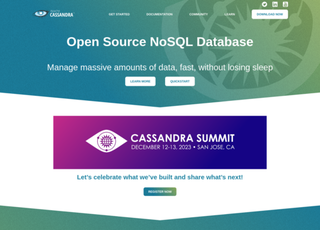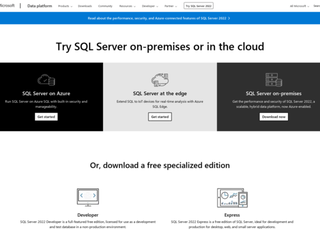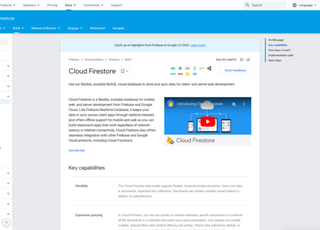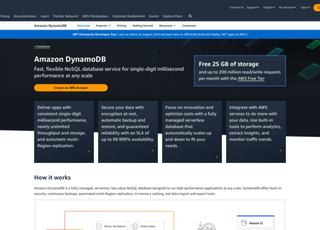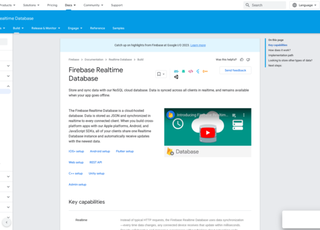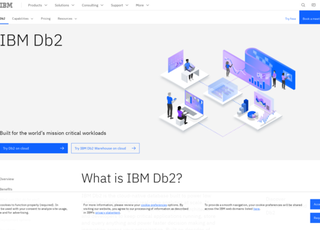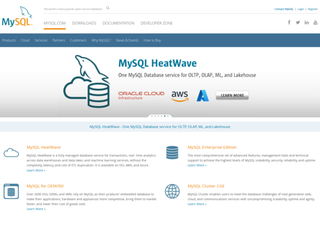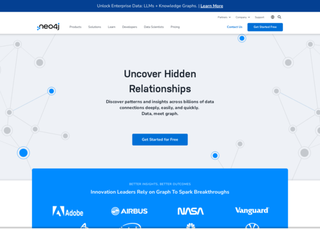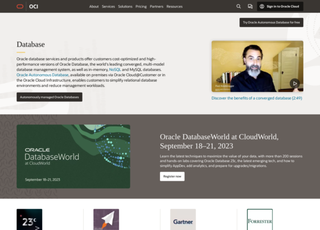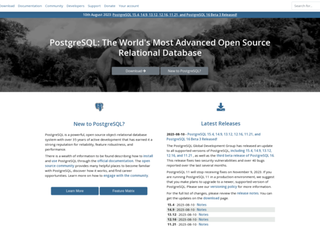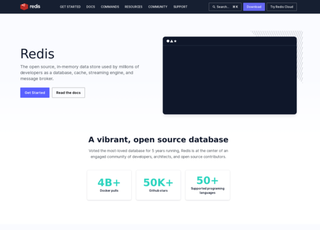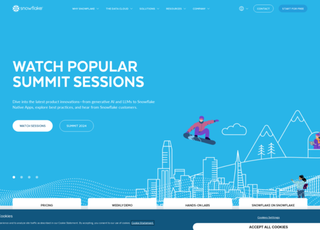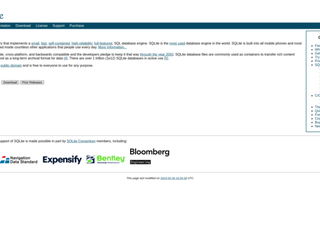MariaDB
https://mariadb.org/MariaDB
MariaDB is a popular open-source relational database management system (RDBMS). It was created by the original developers of MySQL, led by Michael "Monty" Widenius, after concerns over Oracle's acquisition of MySQL in 2010. The aim was to ensure that a free and open-source version of the database system would remain available to the community.
As a fork of MySQL, MariaDB is highly compatible with MySQL, meaning that it uses the same commands, interfaces, libraries, and APIs. This compatibility allows for a seamless transition for users switching from MySQL to MariaDB. However, over time, MariaDB has developed its own distinct features and improvements.
Key features of MariaDB include:
Performance and Scalability
MariaDB offers advanced optimization for complex queries, which makes it faster and more scalable than MySQL in many scenarios. It's particularly effective in handling large databases and high transaction volumes.
Storage Engines
MariaDB supports a wide range of storage engines, including some not available in MySQL, like Aria, ColumnStore, and TokuDB. This flexibility allows users to choose the most appropriate storage mechanism for their application needs.
Security
MariaDB places a high emphasis on security, with features like a robust password system and roles-based access control. Regular updates and patches ensure enhanced security measures.
Advanced Features
It includes features like virtual columns, the CONNECT engine for accessing data from various sources, and Galera Cluster for synchronous multi-master replication.
Community-Driven Development
Being open-source, MariaDB benefits from community-driven development and support. It has a strong community that contributes to its ongoing development, providing new features and improvements regularly.
Licensing
MariaDB is released under the GPL v2 license, which guarantees that it remains free and open-source, allowing users to modify and distribute the software as they wish.
Compatibility with Cloud and Container-Based Deployments
MariaDB is well-suited for deployment in cloud environments, including popular cloud platforms, and supports containerization technologies like Docker.
Cross-Platform Support
MariaDB is designed to run on various operating systems, including Linux, Windows, macOS, and others. This cross-platform capability ensures that it can be deployed in diverse IT environments, which is crucial for organizations with complex infrastructure.
Replication and High Availability
MariaDB offers robust replication features, including standard master-slave replication and the more advanced Galera Cluster technology for synchronous multi-master replication. These features are vital for businesses that require high availability and data redundancy.
Backup and Recovery
The system provides efficient and flexible backup and recovery options. It supports both physical and logical backups, allowing users to choose the method that best suits their operational needs.
Migration Tools
For users transitioning from other database systems, particularly MySQL, MariaDB offers tools and documentation to facilitate a smooth migration process. This ease of transition is a key factor in its growing adoption.
Regular Updates and Improvements
The MariaDB Foundation and the community ensure regular updates and releases. These updates not only include bug fixes and security patches but also new features and performance enhancements.
Wide Range of Use Cases
From web applications, e-commerce, and online transaction processing (OLTP) to data warehousing and analytics, MariaDB is versatile enough to handle various data management needs.
Integration and Extensibility
MariaDB can be easily integrated with other software and systems. It supports various programming languages and offers APIs for different development environments. Its extensibility allows developers to use it as a backend for a wide range of applications.
Community and Commercial Support
While the community provides free support through forums and documentation, MariaDB Corporation offers professional, commercial support. This support is crucial for enterprises requiring guaranteed service levels and expert assistance.
Educational Resources
There is a wealth of educational materials available, including official documentation, community blogs, tutorials, and user forums. These resources make it easier for new users to learn and for experienced users to get the most out of MariaDB.
MariaDB has gained significant popularity and is used by large corporations, small businesses, and individuals alike. Its continuous development, strong community support, and commitment to remaining open-source make it a reliable and future-proof choice for database management needs.





















